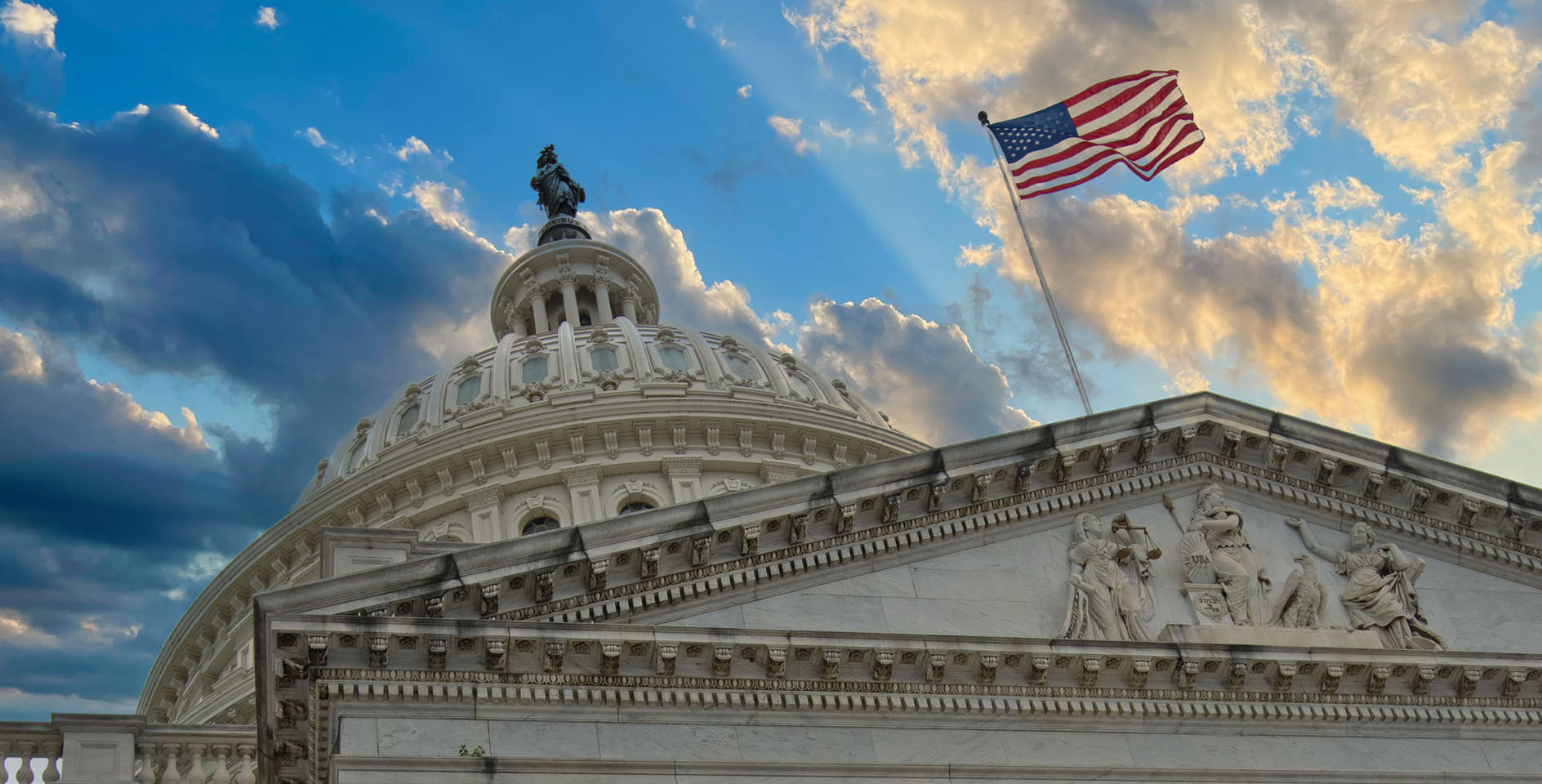His name is John Rawls. Born in Baltimore, his father was an attorney and his mother president of the League of Women Voters. He attended Princeton as an undergraduate. For a time he contemplated entry to the priesthood. Combat during War World II brought that prospect of clerical service to an abrupt end. Rawls lost his faith. The carnage of the battlefield and the barbarity of the Holocaust was, for him, just too much to bear. Such evil meant God simply could not exist.
After leaving the army Rawls returned to Princeton to complete his PhD in philosophy. He taught at Cornell for a brief stint before joining the faculty at Harvard in 1962, where he would teach for the next three plus decades. After sustaining some debilitating strokes in the mid 90’s, slowing his productivity, Rawls passed away a few years later (in 2002) at the age of 81.
On first take that’s not exactly what you would call a life of intrigue or stardom, is it? Seems almost sort of dull. But make no mistake, John Rawls is quite possibly the most important western thinker of the latter 20th century. He’s the most important guy you’ve probably never heard of. But trust me, you do know Rawls. You know him really, really well. He’s everywhere you look.
Here’s what I mean: Rawls thought has been so persuasive for so long that in many ways it has come to define the very political terms of American public life today. It’s not just that Rawls contributes in some significant way to how we think about politics and law, or about what kind of society we want. His influence is far more pervasive than that. American society is now in large measure a Rawlsian society.
How did this happen, you ask? Partly through a small army of wildly gifted students, who studied with Rawls and then went off to have their own careers in the academy and elsewhere. But primarily through his two monumental works: A Theory of Justice (1971) and Political Liberalism (1993). I don’t throw this word around often, but both books are masterpieces. Even if you don’t agree with him, it is impossible to grapple with any part of his general argument and come away unscathed or unimpressed. His writing is so crisp and clear, his claims so tightly argued, his theories so intuitive and compelling that he often feels unassailable. Whole books have been written on mere pages of Rawls work.
Suffice to say, I can’t really survey the whole of Rawls’ political theory here and do it justice. What I can give you is a sort of thumbnail sketch of one narrower idea that conveys a sense of Rawls importance and that also illustrates how formative his thought has been in American law and politics. Central to Rawls’ political thought is a doctrine, or idea, he refers to as public reason. Let me tell you what he says about public reason and then in a second part to this piece I’ll explain how the doctrine has infused American public life today.
What one thing must we say something about in order for it to alter an entire political theory? Justice. Rawls thought begins with a now famous definition of justice: fairness. Justice is fairness. And as definitions go it seems commonsensical enough — we all want a fair shake in life and, on the whole, think others should get fair shake too. Don’t mistake Rawls for an ideologue, though. He doesn’t think justice should or even can be totally level and equalized. He’s concerned more with making social institutions, or ordering mechanisms, widely beneficial to all.
We live in a society composed of diverse viewpoints about life’s most important truths and yet somehow a political equilibrium (of sorts) is achieved with rather considerable regularity. Despite all our tremendous differences, Rawls believes that what holds us together as a society is our shared understanding of justice. We all wish to be as free and as equal as possible. That’s what all liberal societies — in the narrow, historic sense of the word “liberal” — most want. The challenge in modern times has been how precisely to balance freedom and equality in a pluralistic society with differences of opinion about who needs or deserves what.
So, Rawls proposes “a conception of justice that may be shared by citizens as a basis of a reasoned, informed, and willing political agreement.” The key word there is “shared.” This “shared” understanding must remain independent of alternate philosophic or religious viewpoints vying for political supremacy. “Public reason” is the name of the independent understanding we share in. Getting along is important to us, and this means we need to agree on what justice will look like for us as a society. This doesn’t have to be conscious for us; it happens gradually over time.
According to Rawls we’re after something “we hope can gain the support of an overlapping consensus of reasonable religious, philosophical, and moral doctrines in a society regulated by it.” This consensus the plurality of folks have in common he thinks amounts to a “freestanding” view of justice reliant only upon a long-negotiated and entirely neutral public reason. To clarify, an “overlapping consensus” is what we all essentially think is the case despite our great many other differences. We’ve got this common idea of justice as fairness and that’s our political starting point.
A somewhat superficial example might help here. Suppose you are a college football fan and you feel your team’s chances of winning the conference championship this year are pretty good. You’re not alone; a lot of other fans think so too. All of the fans, you included, want more than anything for the team to succeed. But there is a wide difference of opinion about specific parts of the team. Some think the team is too young at crucial skill positions, some worry about the coach’s offseason problems, and some think the secondary is weak. Opinions are all over the map. The thing held in common by true fans, however, is an unwavering commitment to support the team and stick with them regardless of wins or losses. They’re your team. Nothing can change that for you and every genuine fan sticks with them. In a way, this undying commitment to the team is sort of like Rawls’ public reason — the thing we all agree on without much thinking about it.
A final point of clarification. Rawls calls justice a “political conception,” by which he means that “justice as fairness” is what the overlapping consensus has come to agree upon. Political concepts are neutral. They’re mutually agreed upon, even if tacitly, and apply to everyone. But, and this is a huge but, the neutrality of public reason means that it cannot be religious. Rawls is confident his theory can be accepted reasonably by all citizens irrespective of viewpoint, even by citizens with definite religious convictions, provided those religious citizens understand that their convictions cannot figure into “political discussions of constitutional essentials and basic questions of justice.” The cost for any religious citizen wishing to contribute to these important political discussions is the privilege of appealing to religious convictions. In other words, to contribute means checking “comprehensive doctrines” at the door and entering the discourse on purely political terms. These are simply the terms of social cooperation; any political conception of justice must remain invulnerable to special interests of any comprehensive viewpoint.
So, despite the great plurality of viewpoints represented in constitutional democracies it remains possible on Rawls’ account to achieve modest social consensus if citizens show some willingness to compromise. And notice, the decisive criterion here is the reasonableness of one’s viewpoint (i.e., comprehensive doctrine). What determines whether your religious viewpoint is sufficiently reasonable? The public! For Rawls, public reason determines finally what is and is not a legitimate viewpoint. A governor may appeal to some religious viewpoint in her speech, for example, but only if it can be translated into terms accordant with public reason. Religious appeals must comply with the public values of freedom and equality. Thus, public reason is what he thinks makes his conception of justice “freestanding” and ideologically neutral. Democratic societies rise or fall on the willingness of citizens to recognize the terms of justice set by public reason, and comply.
As you may already detect, Rawls’s doctrine of public reason carries tremendous ramifications for participation in public discourse. First, it means that the person who chooses to engage in such discourse knows the political language and its many discrete dialects. Wanting to participate and knowing how to participate are two very different things. A discourse is by definition something already underway, and so every new entrant is required to learn the terms of its procession. No one can play baseball, after all, without knowing what strikes and balls mean, or when and how to run the bases. The same idea applies here: political participation requires learning the rule of the game, and on Rawls account the rules are determined by public reason. At the very least, participation will require identifying and respecting salient political values public reason enshrines.
Second, because participation in public discourse requires doing so on political terms, as Rawls would have it, the person holding a “comprehensive doctrine,” like that of Christianity, say, must refrain from direct appeal to the terms of that comprehensive doctrine. If you want to be heard in public, you have to say what you want to say on purely political terms. It is OK to draw privately on your own faith commitments for engaging in public discourse, but deploying those commitments explicitly in public is a mistake, not because it’s wrong in principle, but because it either cannot or will not be heard. If one’s faith contributes to the logic of one’s political commitments, then to be heard requires translation of one’s faith into language that is publicly intelligible, which is to say in keeping with public reason.
Now you have the wildly truncated account of Rawls doctrine of public reason. In my next post I’ll unpack a few of its implications for our contemporary political experience.










